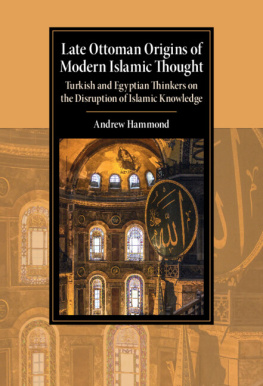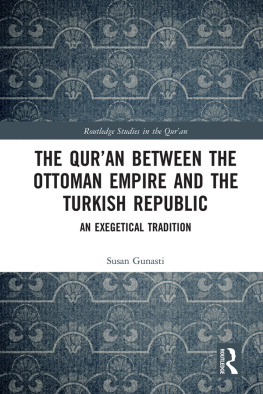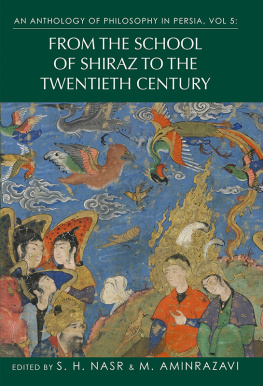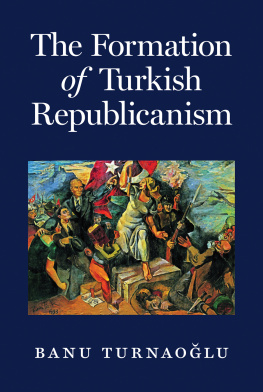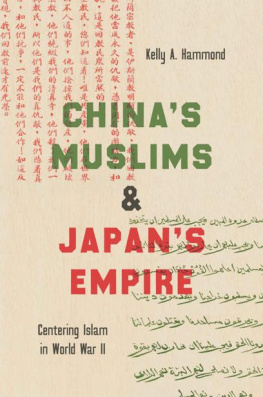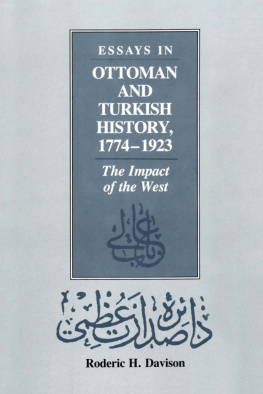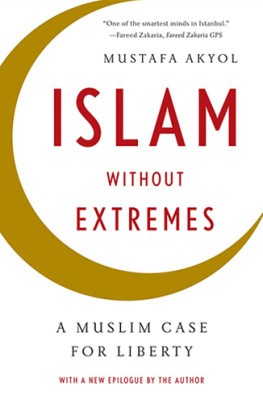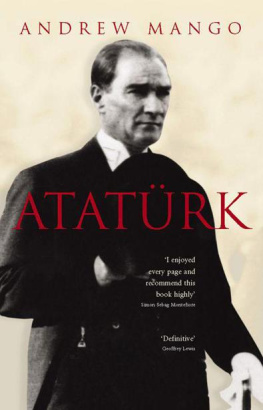In this major contribution to Muslim intellectual history, Andrew Hammond offers a vital reappraisal of the role of Late Ottoman Turkish scholars in shaping modern Islamic thought. Focusing on a poet, a sheikh, and his deputy, Hammond re-evaluates the lives and legacies of three key figures who chose exile in Egypt as radical secular forces seized power in republican Turkey: Mehmed Akif, Mustafa Sabri, and Zahid Kevseri. Examining a period when these scholars faced the dual challenge of non-conformist trends in Islam and Western science and philosophy, Hammond argues that these men, alongside Said Nursi who remained in Turkey, were the last bearers of the Ottoman Islamic tradition. Utilising both Arabic and Turkish sources, he transcends disciplinary conventions that divide histories along ethnic, linguistic, and national lines, highlighting continuities across geographies and eras. Through this lens, Hammond observes the long-neglected but lasting impact these Late Ottoman thinkers had upon Turkish and Arab Islamist ideology.
Andrew Hammond is a tutor in Turkish history at the University of Oxford. He formerly worked as a journalist covering the Arab Spring and as a political analyst on Middle East Affairs. His previous books include What the Arabs Think of America (2007), The Islamic Utopia : The Illusion of Reform in Saudi Arabia (2012), and Popular Culture in North Africa and the Middle East (2017).
Editorial Board
Chase F. Robinson, National Museum of Asian Art, Smithsonian Institution (general editor)
Anne Broadbridge, University of Massachusetts Amherst
Michael Cook, Princeton University
Maribel Fierro, Spanish National Research Council
Alan Mikhail, Yale University
Intisar Rabb, Harvard University
Muhammad Qasim Zaman, Princeton University
Other titles in the series are listed at the
Late Ottoman Origins of Modern Islamic Thought
Turkish and Egyptian Thinkers on the Disruption of Islamic Knowledge
Andrew Hammond
University of Oxford
Shaftesbury Road, Cambridge CB2 8EA, United Kingdom
One Liberty Plaza, 20th Floor, New York, NY 10006, USA
477 Williamstown Road, Port Melbourne, VIC 3207, Australia
314321, 3rd Floor, Plot 3, Splendor Forum, Jasola District Centre, New Delhi 110025, India
103 Penang Road, #0506/07, Visioncrest Commercial, Singapore 238467
Cambridge University Press is part of Cambridge University Press & Assessment, a department of the University of Cambridge.
We share the Universitys mission to contribute to society through the pursuit of education, learning and research at the highest international levels of excellence.
www.cambridge.org
Information on this title: www.cambridge.org/9781009199506
DOI: 10.1017/9781009199544
Andrew Hammond 2023
This publication is in copyright. Subject to statutory exception and to the provisions of relevant collective licensing agreements, no reproduction of any part may take place without the written permission of Cambridge University Press & Assessment.
First published 2023
A catalogue record for this publication is available from the British Library.
Library of Congress Cataloging-in-Publication Data
Names: Hammond, Andrew, 1970 author.
Title: Late Ottoman origins of modern Islamic thought : Turkish and Egyptian thinkers on the disruption of Islamic knowledge / Andrew Hammond.
Description: New York : Cambridge University Press, 2022. | Series: Cambridge studies in Islamic civilization | Includes bibliographical references and index.
Identifiers: LCCN 2022030504 (print) | LCCN 2022030505 (ebook) | ISBN 9781009199506 (hardback) | ISBN 9781009199537 (paperback) | ISBN 9781009199544 (epub)
Subjects: LCSH: Islam--Turkey--19th century. | Islam--Egypt--19th century. | Muslim scholars--19th century--Bio-bibliography. | Muslim scholars--20th century--Bio-bibliography. | Mehmet kif, 1873-1936. | abr, Muaf, 1869-1954. | Kawthar, Muammad Zhid ibn al-asan.
Classification: LCC BP161 .H26 2022 (print) | LCC BP161 (ebook) | DDC 297.09561/09034--dc23/eng/20220711
LC record available at https://lccn.loc.gov/2022030504
LC ebook record available at https://lccn.loc.gov/2022030505
ISBN 978-1-009-19950-6 Hardback
Cambridge University Press & Assessment has no responsibility for the persistence or accuracy of URLs for external or third-party internet websites referred to in this publication and does not guarantee that any content on such websites is, or will remain, accurate or appropriate.
Contents
Figures
Preface
The current study began life as a doctoral thesis at the University of Oxford, and its initial question was, what happened to Late Ottoman Islamic thought, beyond its known and extensively researched political, intellectual, and institutional extensions inside modern Turkey? What happens to a centuries-old religious tradition when an elite that believes it has the power to transform, banish, or wish it away in an instant of historical time seizes control of the state to implement a project of radical transformation? The realisation that the major minds of that traditions final era had in fact decamped to Cairo during the early republican period prompted further questions about their writing, their interactions with intellectuals and religious scholars in Egypt, and their engagement with events back in Turkey. Having co-opted, marginalised, and crushed opposition, Turkeys new leaders had set off on a revolutionary path to discard what they regarded as a corrosive pre-modern tradition in terms of religious belief and practice and embrace a draconian vision of what it means to be modern, national, and rational that was in equal measure thrilling and horrifying to audiences both regional and global. The study in hand is the result of those investigations, and I would like to thank the various examiners and commentators for helping it wind its way to conclusion. They include kr Haniolu, Rosalind OHanlon, Christopher Melchert, Laurent Mignon, Ronald Nettler, and Eugene Rogan, as well as the Cambridge Studies in Islamic Civilizations editor Chase Robinson and three anonymous readers. I would also like to thank Gerald Hawting with whom I studied early Islam and Owen Wright with whom I studied Arabic, in addition to Oxfords wonderful Turkish teacher Emine akr.
Note on Style
Since the religious scholars in question wrote mainly in Arabic, I have used Arabic as the default language for technical terminology, but when discussing Turkish texts or the Turkish public sphere I use Turkish. In footnotes, the International Journal of Middle East Studies is abbreviated to IJMES and the journals Srat-I Mstakim , Sebilrread , and Beyanlhak to SM , SR , and BH , respectively. Translations of the various languages cited are by the author, except where otherwise indicated, and I have striven to cite from books from the original language in which they were written, in line with the studys key mission to trace the genealogy and trajectory of ideas. Translations of book and poem titles in Arabic and Turkish are given in the main text on first mention, but not in the notes; however, the list of dated articles by Kevseri in the
The Late Ottoman Intellectual Tradition

